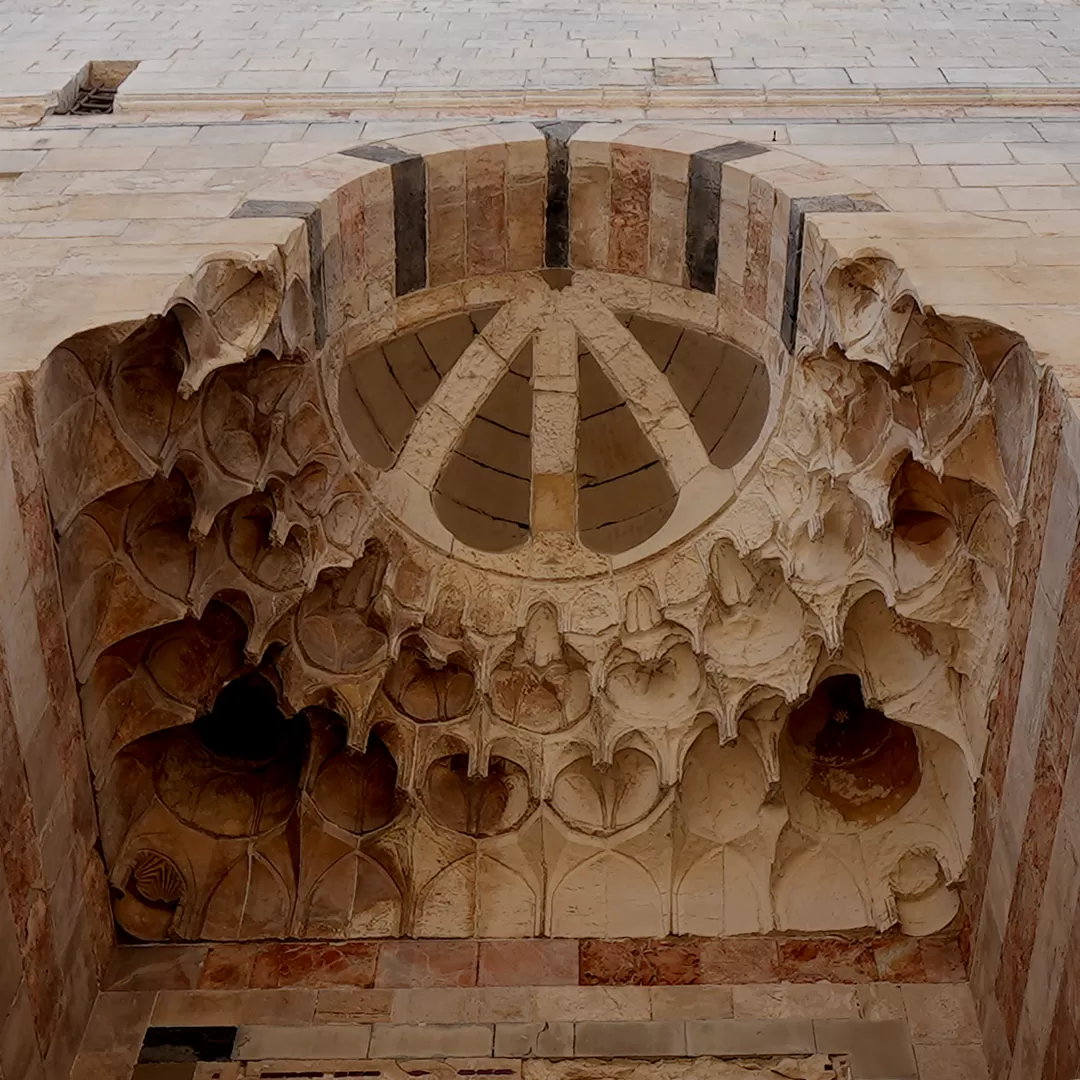
Book Launch: Mamluk Jerusalem: History and Architecture
Dr. Hanna Abdel Nour, AlQuds University President.
Ahmad Al-Farra on behalf of Taawon, Programs Director
With author Dr. Nazmi Al-Jubeh, introduced by Dr. Maha Samman
Tuesday, April 15 | 11:00
Location: Al-Quds University
We meet again for the fourth stop in the book launch series of Mamluk Jerusalem: History and Architecture by Dr. Nazmi Al-Jubeh—this time at Al-Quds University in Abu Dis. The event is accompanied by a curated exhibition by Eyad Issa, titled Mamluk Jerusalem, drawing inspiration from the book’s chapters to highlight key architectural landmarks through images, maps, and blueprints.
The book was published by Taawon Association, implemented and supervised by the Jerusalem Program for the Rehabilitation of Historic Towns, with funding from the Arab Fund for Economic and Social Development.
The exhibition will be on display at Al-Quds University for one day, coinciding with the launch event. Join us for an engaging dialogue on the architectural identity of Jerusalem and its distinct character.
About the Book
By the mid-seventh century AH (approximately 658 AH / 1260 CE), a new political, cultural, administrative, and civilizational order emerged—the Mamluk era. The Mamluks ruled Jerusalem for over two and a half centuries, transforming it into a predominantly Islamic city and erasing much of the Crusader influence, particularly in religious, architectural, and cultural aspects.
The Mamluks’ efforts turned the city into a shining model of their civilization. Many of their architectural masterpieces still stand today, giving Jerusalem precedence over other Mamluk cities in Egypt and the Levant. Despite the general unity of Mamluk style, Jerusalem retained a unique architectural character that harmonized with its local heritage and landscape without losing its authentic Mamluk spirit.
The book was published by Taawon Association, implemented, and supervised by the Jerusalem Program for the Rehabilitation of Historic Towns, with funding from the Arab Fund for Economic and Social Development.